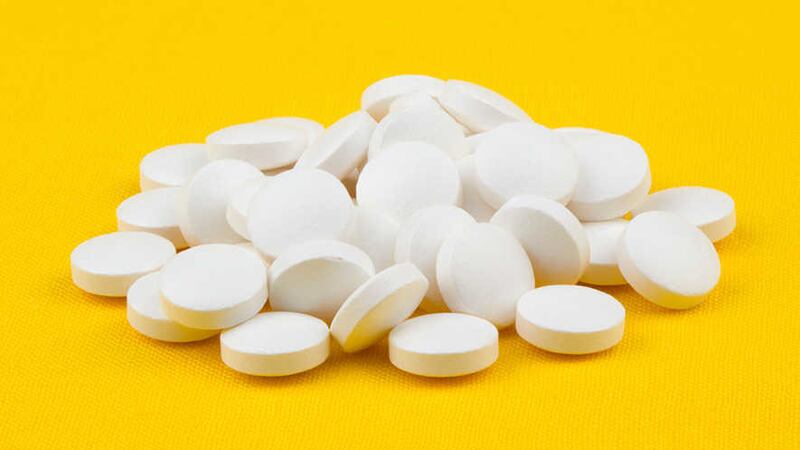We live in a world where everything can be reduced to the level of a computer game. For $24.95 you can set yourself up as a pharmaceuticals giant and play with people’s lives.
Big Pharma is billed as “part logistics puzzle, part business sim”.(Sim is short for simulation.) On its website there’s a trailer asking: “Can you profit in an industry where illness is good for business?”
Sadly, the answer can be found in the real world. Big Pharma is not just a game, it’s a multi-billion pound business where huge profits can be made on the back of human misery.
That was brought home this week with news that an American company, Turing Pharmaceuticals, had increased the US price of a drug for patients suffering from Aids.
Turing, a start-up established by former hedge-fund manager Martin Shkreli, acquired the rights to Daraprim last month in a deal worth $55 million.
The drug, developed more than 60 years ago, treats toxoplasmosis, a parasitic infestation affecting those whose immune systems are compromised. It is also used to treat malaria.
In the US it had been selling at $13.50, a reasonable mark-up given production costs are reported to be about $1. Over the years, it has more than recouped its development costs.
But Turing is interested in making big profits, and increased the cost of Daraprim to $750 a tablet. Defending the increase Shkreli said marketing and distribution costs had increased dramatically. Indeed.
In a television interview, he said: “There’s a company selling an Aston Martin for the price of a bicycle. We bought that company, and asked to charge Toyota prices. I don’t think that should be a crime.
“We’re simply charging the right price that markets missed, the prior owners have missed, and we’re doing something very good with those profits, we’re putting them right back in the patients’ hands.”
The final phrase is a cack-handed way of claiming the money will be reinvested in research for new medicines that Turing Pharmaceuticals can charge a fortune for.
In the United States medicine operates, more or less, on a free market basis. Companies charge what they can get away with.
In the UK, a voluntary scheme aims to keep drugs affordable while ensuring producers make enough profit. It’s a constant tussle, and many drugs are still just too expensive for the NHS.
Daraprim is marketed here by drugs giant GSK. It charges the equivalent of 66 cents in Belfast Northern Ireland, compared with the $750 Turing is charging in Belfast Pennsylvania.
Turing is not the first company to buy a cheap drug and increase the price significantly, and no doubt it will not be the last. But the practice is questionable.
We used to live in a world where human life was valued for its own sake. But in the world of Big Pharma a human life is worth only what a company can make out of it.
This is just the latest controversy over drug profits. While it is true that companies need to make money to fund research into new treatments, the reality is that drugs companies spend more on marketing than they do on development.
Statistics from GlobalData last year revealed that every one of the top 10 drugs companies spent more on marketing than research and development (R&D). For example, Johnson and Johnson’s $8.2 billion R&D spend was dwarfed by its sales and marketing spend of $17.5 billion. UK company GSK spent $5.5 billion on R&D, and $9.5 billion on sales and marketing.
As the Turing Pharmaceuticals’ controversy demonstrates, the development and pricing of drugs cannot be left to the free market. The common good needs to be recognised too.
The profits on drugs come from the taxpayer and the patient. And much of the ground breaking research which fuels the industry takes place in publicly-funded universities where pharmaceutical companies have privileged access through commercial agreements.
Citing the Turing case, Hillary Clinton has said she will act against excessive drug profits if she is elected president. Under pressure, Turing has said it will think again.
But drugs pricing is a global problem that has not gone away. There must be a concerted international approach to ensure the right balance is struck between profit and the public good.









